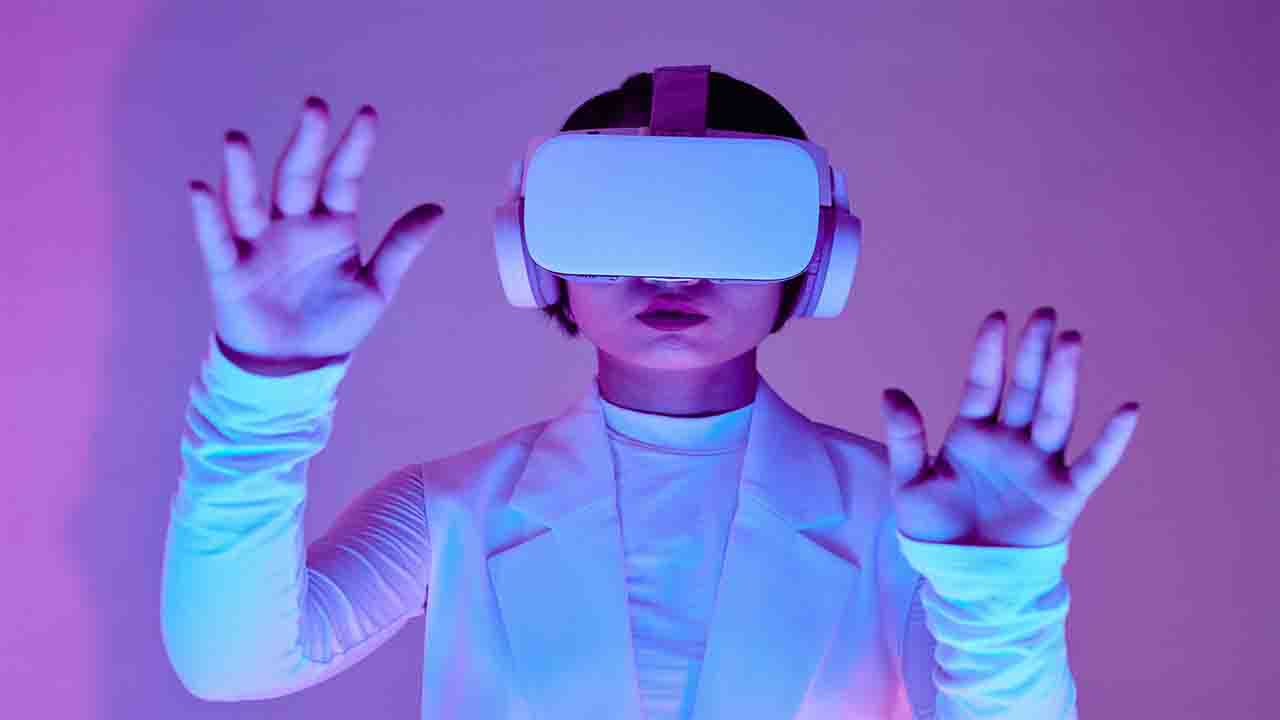Health, UK (Commonwealth Union) – A recent study conducted by the University College London (UCL) researchers delves into the elucidation of how generative Artificial Intelligence (AI) breakthroughs contribute to our understanding of memory’s role in learning, the reliving of past experiences, and the creation of entirely novel scenarios for imagination and planning.
Published in Nature Human Behaviour and supported by Wellcome, the research employs an AI computational model, specifically a generative neural network, to replicate the learning and memory processes of neural networks within the brain when exposed to a sequence of events, each represented by a simple scene.
This model incorporates networks mirroring the functions of the hippocampus and neocortex, aiming to explore their collaborative dynamics. The interaction between these two regions is recognized for its significance in memory consolidation, imagination, and planning.
The hippocampus stands as a testament to the wonders of the human brain, orchestrating the symphony of memories that shape our lives. From navigating familiar streets to recalling cherished moments, the hippocampus plays an integral role in our daily experiences.
Lead author Eleanor Spens, a PhD student at the UCL Institute of Cognitive Neuroscience, pointed out that recent advancements in the generative networks utilized in AI illustrate how information can be extracted from experiences. The lead author further indicated that this makes it possible to not only to recall specific events but also to imaginatively conceive entirely new experiences.
“We think of remembering as imagining the past based on concepts, combining some stored details with our expectations about what might have happened.”
Survival instincts drive humans to make predictions crucial for their existence, such as anticipating threats or locating sustenance. AI networks propose that when we replay memories during periods of rest, our brains adeptly identify patterns from past experiences, enhancing our ability to make informed predictions.
In an experimental setting, researchers exposed the model to 10,000 images portraying simple scenes. The hippocampal network swiftly encoded each scene as it unfolded, subsequently engaging in repetitive playback to instruct the generative neural network within the neocortex.
The neocortical network, in turn, acquired the skill of channeling the activities of numerous input neurons (responsible for receiving visual information) associated with each scene through compact intermediate layers of neurons, some comprising as few as 20 neurons. This process enabled the recreation of scenes as distinctive patterns of activity in its extensive array of output neurons, responsible for predicting visual information.
As a result, the neocortical network developed highly efficient “conceptual” representations of scenes that capture their essence, encompassing elements like the arrangement of walls and objects. This proficiency enabled the network not only to recreate familiar scenes but also to generate entirely novel ones.
This outcome allowed the hippocampus to encode the meaning of new scenes without the need to meticulously encode every minute detail. This efficiency directed resources towards encoding distinctive features that the neocortex couldn’t replicate, such as novel types of objects.
The model illuminates the gradual acquisition of conceptual knowledge by the neocortex and how, in collaboration with the hippocampus, this process facilitates the “re-experiencing” of events through mental reconstruction.
Furthermore, the model elucidates the mechanism behind the generation of new events during imaginative processes and future planning. It also provides insights into why existing memories often exhibit “gist-like” distortions, wherein unique features are generalized and recalled as more akin to features from prior events.
Senior author, Professor Neil Burgess of the UCL Institute of Cognitive Neuroscience and UCL Queen Square Institute of Neurology, says “The way that memories are re-constructed, rather than being veridical records of the past, shows us how the meaning or gist of an experience is recombined with unique details, and how this can result in biases in how we remember things.”








